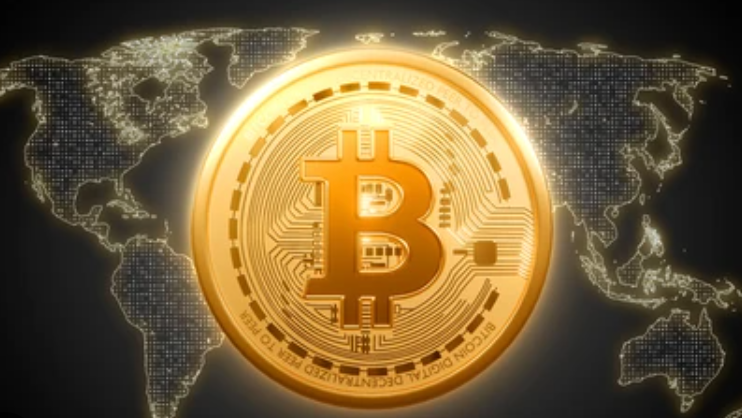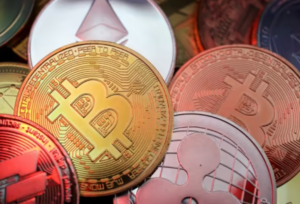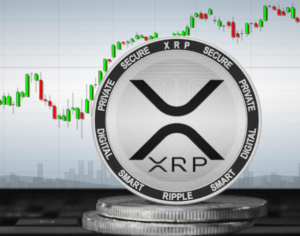$BTC $ETH #CryptoAdoption #Sanctions #DigitalCurrency #BelarusEconomy #GlobalFinance #BlockchainTechnology #EconomicSanctions #Tokenization #PaymentSolutions #FinancialInnovation
How Could Crypto and Tokenization Save Belarus’ Economy from Sanctions?
In the latest Belarus news, the nation’s president has mandated commercial banks to broaden their use of digital assets for payment purposes. This strategic move is aimed at mitigating the economic impact of Western sanctions, which have increasingly isolated Belarus from global financial systems.
Understanding Belarus’ Bold Shift to Digital Assets
The directive to integrate digital assets into the Belarusian financial landscape represents a significant pivot towards modern financial technologies. By leveraging cryptocurrencies and tokenization, Belarus seeks not only to bypass financial restrictions but also to foster a more resilient economic environment. This transition could potentially enhance transaction efficiency and open new channels for international trade, unfettered by traditional banking systems.
The Mechanics of Crypto in Circumventing Sanctions
Cryptocurrencies operate on decentralized networks, which inherently makes them less susceptible to being controlled or disrupted by centralized authorities like governments. For Belarus, adopting such digital assets means creating an alternative financial pathway that circumvents the global SWIFT system, which most sanctions leverage to block monetary transfers. This could significantly diminish the leverage that sanctions hold over the country’s economy.
Potential Economic Benefits for Belarus
The introduction of cryptocurrencies and the tokenization of assets could usher in a plethora of economic opportunities for Belarus. Firstly, it could attract crypto enterprises and startups looking for a conducive regulatory environment, potentially boosting local employment and technological expertise. Additionally, the liquidity provided by global crypto markets could help stabilize and even grow the nation’s financial reserves.
Challenges and Considerations
However, this innovative approach does not come without its challenges. The volatility of digital currencies, regulatory uncertainties, and potential for financial crimes are significant hurdles. Moreover, the adoption of such technologies must be handled with precision to avoid creating a parallel economy that could lead to further complications.
Future Outlook: A Digital Financial Frontier
The move by Belarus to incorporate cryptocurrencies and tokenization into its financial system is a bold strategy to counteract economic sanctions. While the path forward is fraught with challenges, the potential to create a more autonomous and robust economic structure is evident. As the global financial landscape evolves, other nations under sanctions might observe Belarus as a test case for similar financial strategies.
For more insights into how countries are leveraging digital assets to fortify their economies, visit our crypto news section. To explore the potential of digital currencies further, consider the opportunities on Binance.
As we continue to monitor this development, the implications for global finance and economic sovereignty remain a pivotal area of discussion. Belarus’ move could very well set a precedent for economic resilience in the face of geopolitical pressures.







Comments are closed.